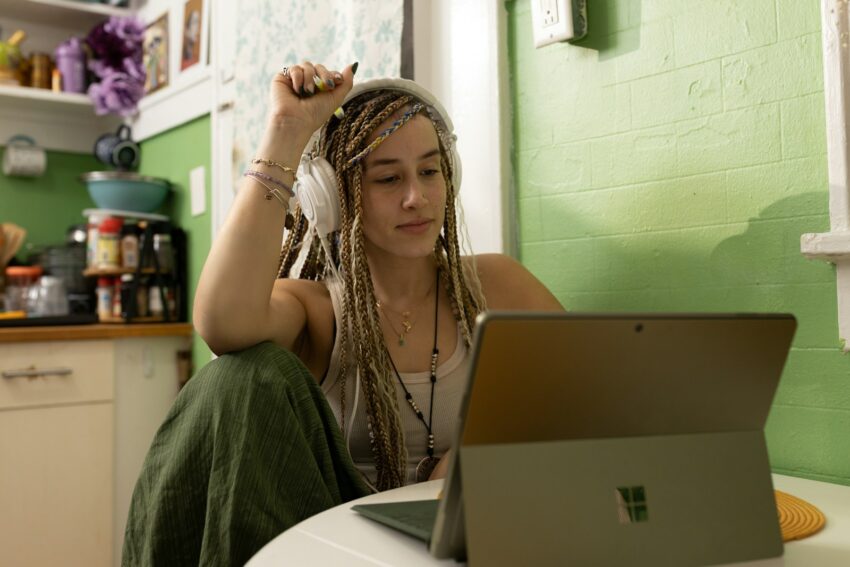For serious students, maintaining a healthy balance between coursework and leisure activities is pivotal for long-term success. Striking the right balance can enhance academic performance, reduce stress, and promote well-being. Understanding how to manage time and resources effectively becomes a critical skill set in the life of any dedicated student. Navigating the demands of study and the need for relaxation requires strategy and mindfulness. Below, we delve into the art of balancing work and play, equipping students with the tools they need for academic and personal success.
The Role of Technology in Balancing Study and Leisure
Technology significantly affects how students manage their academic and leisure activities. Smart devices and educational apps make tracking assignments, participating in forums, and accessing resources easier. However, the allure of constant connectivity can also lead to distractions, making it harder to maintain a clear distinction between work and play.
To mitigate this, students can leverage technology to their advantage. Setting up app blockers during study time can minimize distractions while using online tools for collaboration can streamline group work. Digital organizers can keep all school-related dates and deadlines in one convenient location, and educational platforms can facilitate learning outside the classroom.
Technology’s impact isn’t limited to study habits—online platforms offer leisure and socialization opportunities. For instance, joining a social casino online can be a fun way to unwind and connect with friends without the need to leave the study space. It’s a form of entertainment that can be easily integrated into break times, offering a mental respite from academic pressures.
It becomes crucial for students to curate their digital environments intentionally. This might involve subscribing to educational content, organizing files and folders for easy retrieval, and engaging with digital resources that align with their academic and relaxation needs. Balancing the use of technology in a way that serves work-play equilibrium is vital in a digitally connected world.

Building a Sustainable Routine for Long-Term Equilibrium
Achieving a balanced work-play lifestyle as a student demands not only the adoption of effective strategies but also the development of resilient habits. Creating a routine that accounts for academic responsibilities while leaving room for personal interests is key. This process often entails trial and error as students learn to accommodate their individual rhythms and preferences, whether pursuing an associate degree, a bachelor’s degree, or specializing in computer systems.
Establishing clear boundaries becomes especially important for those pursuing a degree in information technology or computer systems. Due to the nature of these subjects, the line between work and play might already be blurred, so such students must be diligent in designating specific times for coursework and leisure pursuits related to technology. You can Google “associate’s degree information technology” for more information.
Adaptability plays a significant role in maintaining a sustainable routine. Life as a student—whether working toward an associate degree or a bachelor’s degree—is dynamic, with changing classes, work commitments, and social events. A flexible routine allows students to adjust to these shifts without compromising their well-being.
Success in this endeavor is often marked by a feeling of fulfillment rather than merely meeting obligations. When students can look back on their week with a sense of achievement and joy, they’ll know they’ve created a work-play balance that’s not just sustainable but also rewarding.

Maintaining Physical and Mental Health for Academic Success
Maintaining a healthy body and mind is invaluable to academic success. Regular physical exercise improves concentration and reduces stress, making it a critical component of the work-play balance for students. Incorporating yoga, cardio, or team sports into a routine can provide necessary breaks from studying and improve overall health.
Mental health is equally important, as it can directly affect academic performance and the capacity for enjoyment. Stress management techniques, including meditation and deep-breathing exercises, can help alleviate the anxiety that often accompanies rigorous study schedules. Ensuring sufficient sleep is also a top priority, as it directly impacts cognitive function and mood.
Building a support system of friends, family, or campus resources can provide emotional support. Students shouldn’t hesitate to seek professional help if they feel overwhelmed. Recognizing that putting health first isn’t a sign of weakness lays the foundation for sustainable academic efforts and personal growth.
Cultivating interests outside of academia can be a refreshing change of pace and provide a sense of identity beyond schoolwork. Whether it’s participating in clubs, volunteering, or pursuing creative endeavors, having a variety of interests contributes to a well-rounded personality and resilience against academic burnout.
Overall, maintaining a balanced work-play lifestyle is essential for long-term academic success and personal well-being. By strategically managing technology, building sustainable routines, and prioritizing physical and mental health, students can create a fulfilling and rewarding educational experience.


